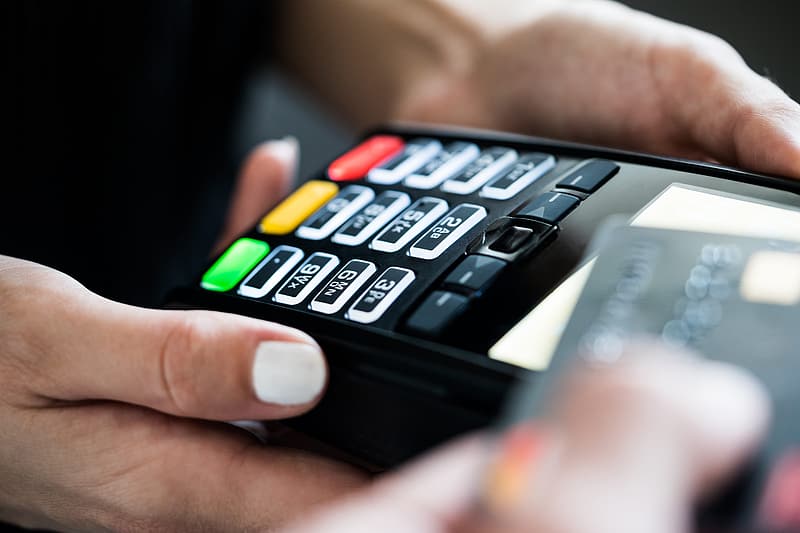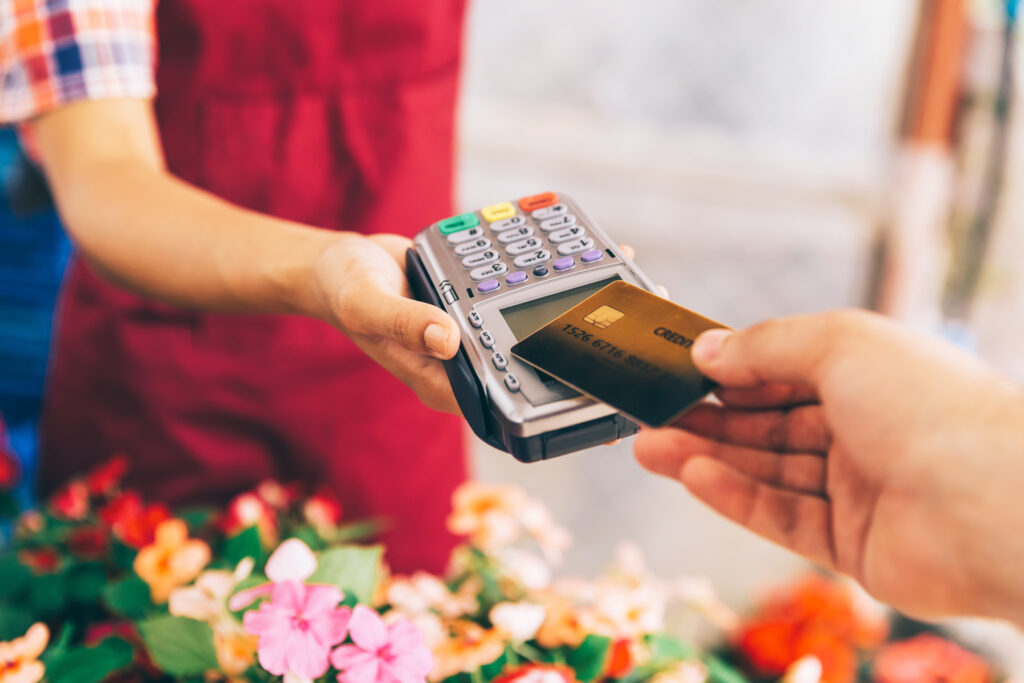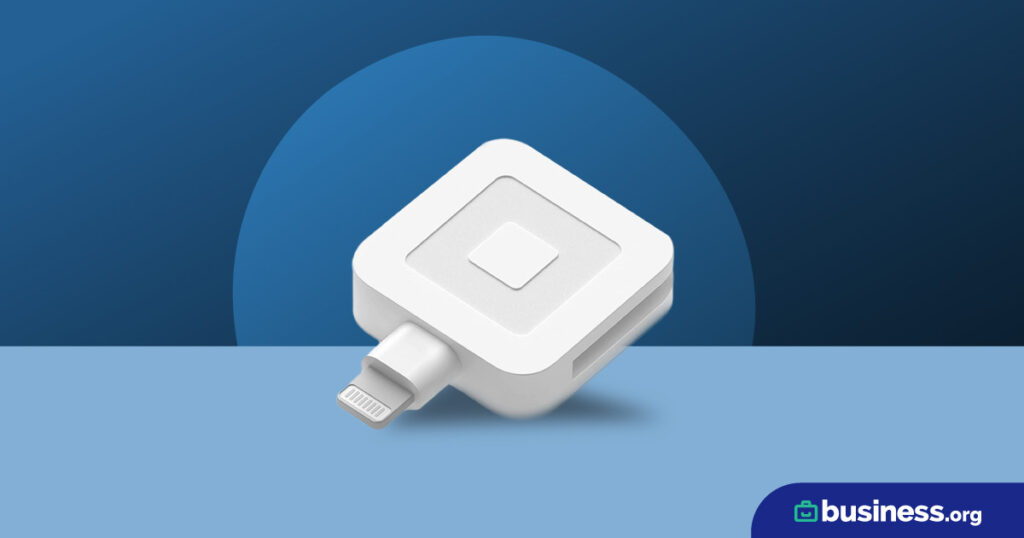We are committed to sharing unbiased reviews. Some of the links on our site are from our partners who compensate us. Read our editorial guidelines and advertising disclosure.
What Is a Merchant ID Number?
A merchant ID number is a unique identifier typically assigned to businesses when they open a merchant account. The number is used to clearly identify a merchant who is attempting to process a transaction to both the processing company and the customer’s bank (or card-issuing bank).
This identifier is the reason sales made by a given merchant eventually lead to money being transferred from the cardholder’s bank to the merchant’s bank account. Without the merchant ID number, the card-issuing bank wouldn’t know where to send the money.
How do I get a merchant ID number?
Merchant ID numbers are issued by payment processors to any businesses that open a merchant account. In order to get this number, your processing provider will usually require you to verify your business by asking for various proofs that your business is legitimate (like a Taxpayer Identification Number).
Some third-party processing companies like Square and Stripe will not issue you a merchant ID number. This is because when you process with a company like Square, your transactions are being processed using the processor’s own merchant ID number.
These third-party merchants rely on their own internal identification processes to wire money to your bank account. It’s also important to note that you don’t have to open a merchant bank account with a third-party processor because all your transactions are being run through the processor’s own merchant accounts.
By signing up I agree to the Terms of Use and Privacy Policy.
Where can I find my merchant ID?
There are quite a few places to check for your merchant ID:
- On your merchant statement
- On your processor’s app or website listed with your other account details
- Printed on a tag stuck to your payment processing terminal
- On your bank statements
If you can’t find your merchant ID in any of these places, you can always call your merchant services provider and ask them what your merchant ID is.
Should I share my merchant ID publicly?
Absolutely not. Fraudsters want to get a hold of your merchant ID and drag it through a mire of fraudulent transactions. This eventually leads to your merchant number getting flagged.
If your merchant ID number falls into the hands of fraudsters and your account gets flagged, you won’t be able to process transactions until the issue is solved. This can be a big financial burden on your business, especially if your primary method of getting paid is through credit card processing.
Chargebacks might get you flagged
Your merchant ID number can also get flagged if you’re getting an excessive number of chargebacks. A few chargebacks here and there are a normal part of processing, but too many chargebacks may put a hold on your ability to process new transactions.
Should your account be put on hold, your processor will usually alert you. You should then contact them to work through the issue.
Can my merchant ID get blacklisted?
Yes. It’s possible for your merchant ID, business, and personal details to wind up on Mastercard’s MATCH list. Mastercard lists many reasons why a merchant may be included on the MATCH list:
- Account Data Compromise
- Laundering
- Excessive Chargebacks
- Excessive Fraud
- Fraud Conviction
- Bankruptcy/Liquidation/Insolvency
- PCI Data Security Standard, Noncompliance
- Illegal Transactions
If your merchant cites you for any of these reasons, you may be completely unable to accept credit card payments for five years. There are very few ways to get off the MATCH list, but the one surefire way is to wait five years until your details are automatically removed.
Is my merchant ID permanent?
No. Your merchant ID will change if you switch processors. Any transaction made with your previous processor will still be filed under your previous merchant ID, but your new processor will take you through the business verification process to set up a new merchant ID.
The takeaway
Your merchant ID number is what allows your processor and the cardholder’s bank to identify transactions coming from your business. This number is crucial to making sure your transactions ultimately lead to money in your bank. The number should be kept safe because if it falls into the wrong hands, you could have fraudulent charges. And these charges made on behalf of your business might lead to a processing freeze.
Bottom line: Keep your merchant ID number safe and avoid too many chargebacks and you’ll be golden to process credit cards to your heart’s content.
If you’re looking for a merchant account provider so you can get a merchant ID number and start processing transactions, take a look at our recommendations for the top credit card processing providers.



